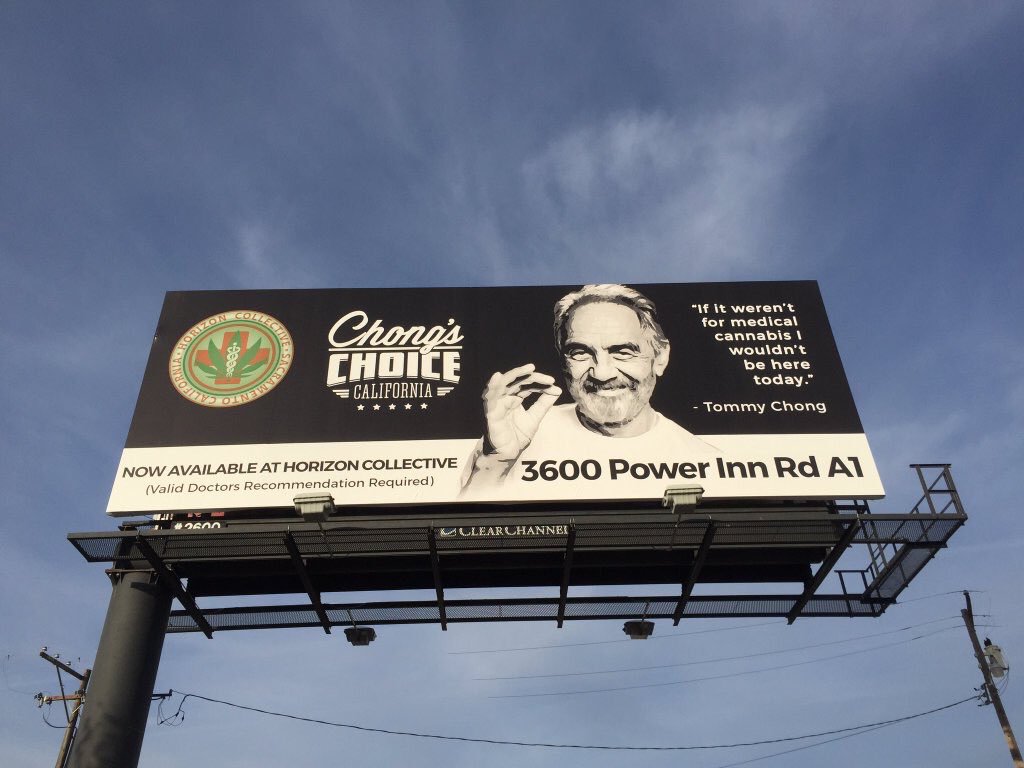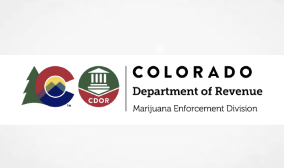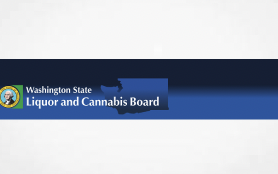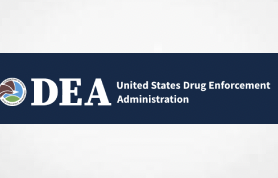22 December 2016
The LA Times reported yesterday that…
Five state lawmakers have introduced a bill that would bar advertisements for marijuana products and services from all 265 state highways — 15,100 miles of roadway — in an effort to prevent the marketing of pot to minors in the state.
../..
The initiative bans billboards for recreational pot products along the 4,315 miles of major state highways that cross state borders.
The proposed new law would expand the billboard rules to also apply to the medical cannabis industry and to 10,000 more miles of state highways, and it closes a loophole that exempts unlicensed pot businesses from the law, according to Assemblyman Rob Bonta (D-Oakland), an author of the bill.
“Without AB 64, this exception would eclipse the rule and our children would see cannabis ads across the state,” Bonta said. “We feel that all highways, and not just ones which cross state lines, are inappropriate venues for cannabis advertising, particularly as Proposition 64 required an adult audience for advertisements other than billboards.”
Bonta was joined in introducing the legislation by Democratic Assemblymen Ken Cooley of Rancho Cordova, Reggie Jones-Sawyer of Los Angeles and Jim Wood of Healdsburg, as well as Assemblyman Tom Lackey (R-Palmdale).
…/..
The new bill would extend the highway billboard ban to also include marijuana-related firms that may not have to get required licenses, including the dispensary locator website Weedmaps, and events like the Emerald Cup, an annual festival in Northern California that includes music, educational panels and contests for the best pot strains.
The measure would also close an existing loophole that allows pot billboards on more than 10,000 miles of state highways that start and end within the state, including stretches of Pacific Coast Highway, Santa Monica Boulevard, Venice Boulevard and Highland Avenue in Los Angeles County and Beach Boulevard in Los Angeles and Orange counties.
…/…
Activists who support California’s 20-year-old medical marijuana law, including the group Americans for Safe Access, say the proposed new restrictions are too broad.
The group doesn’t oppose reasonable restrictions on advertising, but doesn’t think medical pot should be lumped in with the same prohibitions on alcohol and tobacco ads, according to Michael Liszewski, the group’s director of government affairs.
“Broadly banning advertisements such as billboards along highways seems to be go beyond what is reasonable,” he said, adding “medicinal cannabis is a form of medical therapy and should not be regulated like alcohol or gambling.”
Full article at http://www.latimes.com/politics/la-pol-ca-pot-ads-snap-20161221-story.html
ASSEMBLY BILL 64 DIGEST
CALIFORNIA LEGISLATURE— 2017–2018 REGULAR SESSION
|
ASSEMBLY BILL |
No. 64 |
|
Introduced by Assembly Members Bonta, Cooley, Jones-Sawyer, Lackey, and Wood |
|
December 12, 2016 |
An act to amend Sections 19334, 26070, 26151, 26152, 26153, and 26154 of, to add Sections 14235.5 and 19322.5 to, and to add Article 12 (commencing with Section 19349) to Chapter 3.5 of Division 8 of, the Business and Professions Code, and to amend Section 11362.775 of the Health and Safety Code, relating to cannabis.
LEGISLATIVE COUNSEL’S DIGEST
AB 64, as introduced, Bonta. Cannabis: medical and nonmedical: regulation and advertising.
(1) Existing law, the Medical Cannabis Regulation and Safety Act (MCRSA), authorizes a person who obtains both a state license under the MCRSA and the relevant local license to engage in commercial medical cannabis activity pursuant to those licenses, as specified. Under the MCRSA, responsibility for the state licensure and regulation of commercial medical cannabis activity is generally divided between the Bureau of Marijuana Control (bureau) within the Department of Consumer Affairs, which serves as the lead state agency and administers provisions relating to the transportation, storage unrelated to manufacturing activities, testing, distribution, and sale of medical cannabis; the Department of Food and Agriculture, which administers provisions relating to the cultivation of medical cannabis; and the State Department of Public Health, which administers provisions relating to the manufacturing of medical cannabis.
This bill would specify that licensees under the MCRSA may operate for profit or not for profit.
(2) Existing law, the Control, Regulate and Tax Adult Use of Marijuana Act (AUMA), an initiative measure enacted by the approval of Proposition 64 at the November 8, 2016, statewide general election, authorizes a person 21 years of age or older to possess and use up to 28.5 grams of marijuana and up to 8 grams of concentrated cannabis, and to possess up to 6 living marijuana plants and the marijuana produced by those plants, subject to certain restrictions, as specified. AUMA also authorizes a person who obtains a state license under AUMA to engage in commercial marijuana activity, which does not include commercial medical cannabis activity, pursuant to that license and applicable local ordinances. AUMA generally divides responsibility for the state licensure and regulation of commercial marijuana activity between the bureau, the Department of Food and Agriculture, and the State Department of Public Health, and requires those state licensing authorities to begin issuing licenses by January 1, 2018. AUMA authorizes legislative amendment of its provisions with a 2/3 vote of both houses, without submission to the voters, to further its purposes and intent.
This bill would declare that its provisions further the purposes and intent of the Control, Regulate and Tax Adult Use of Marijuana Act.
Both the MCRSA and AUMA require state licensure to engage in retail sale or delivery. Under the MCRSA, persons may engage in those activities with respect to medical cannabis with a Type 10, or “dispensary,” or Type 10A, or “producing dispensary,” license. Under AUMA, persons may engage in those activities with respect to nonmedical marijuana with a Type 10, or “retailer,” or Type 12, or “microbusiness,” license.
This bill would specify that a dispensary, producing dispensary, or retailer license may be issued for storefront locations with direct physical access for the public or nonstorefront locations without direct physical access for the public.
AUMA prescribes various restrictions and requirements on the advertising or marketing of marijuana and marijuana products applicable to commercial marijuana licensees under that act. These restrictions and requirements include, among other things, a prohibition on advertising or marketing on a billboard or similar advertising device located on an interstate highway or state highway that crosses the border of any other state.
This bill would expand that prohibition to apply to advertising or marketing on all interstate highways or state highways and would apply those restrictions and requirements, with this expanded prohibition, to all entities regardless of licensure under AUMA. The bill would place similar restrictions and requirements on the advertising or marketing of medical cannabis and medical cannabis products.
This bill would make related legislative findings and declarations, which include a statement that the bill furthers the intent of AUMA.
(3) Existing law, the Model State Trademark Law, provides for the registration of trademarks and service marks with the Secretary of State and requires the classification of goods and services for those purposes to conform to the classifications adopted by the United States Patent and Trademark Office.
This bill, for purposes of marks for which a certificate of registration is issued on or after January 1, 2018, would, notwithstanding those provisions, authorize the use of specified classifications for marks related to medical cannabis and nonmedical cannabis goods and services that are lawfully in commerce under state law in the State of California.
(4) AUMA, commencing January 1, 2018, imposes a tax on the purchase of marijuana, marijuana products, medical cannabis, and medical cannabis products and a separate tax on the cultivation of marijuana and medical cannabis, and requires revenues from those taxes to be allocated for specified purposes pursuant to a specified schedule. Under AUMA, these allocations include an annual allocation to the Department of the California Highway Patrol beginning fiscal year 2018–19 until fiscal year 2022–23, for the purposes of establishing and adopting protocols to determine whether a driver is operating a vehicle while impaired and of making grants to public and private research institutions for the purpose of developing technology for determining when a driver is operating a vehicle while impaired, among others.
This bill would advance $3,000,000 as a loan from the General Fund to the Department of the California Highway Patrol for use in the 2017–18 fiscal year for those purposes and would require those moneys to be repaid from California Marijuana Tax Fund.
(5) Existing law exempts qualified medical marijuana patients with valid identification cards, the designated primary caregivers of those patients, and persons with identification cards who associate within the State of California in order, collectively or cooperatively, to cultivate cannabis for medical purposes from specified criminal liability, including possession, cultivation, and transport of cannabis until one year after the bureau posts a notice on its Internet Web site that licenses for medical cannabis activity have begun being issued.
This bill would authorize collectives and cooperatives to operate for profit or not for profit. The bill would limit the protection for collectives and collaboratives operating for profit to those collectives and collaboratives that possess a valid seller’s permit from the State Board of Equalization and a valid local license, permit, or other authorization.
DIGEST KEY
Vote: 2/3 Appropriation: no Fiscal Committee: yes Local Program: no
BILL TEXT
READ FULL TEXT AT
https://leginfo.legislature.ca.gov/faces/billNavClient.xhtml?bill_id=201720180AB64


















